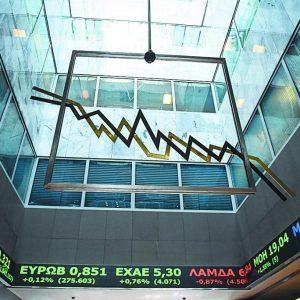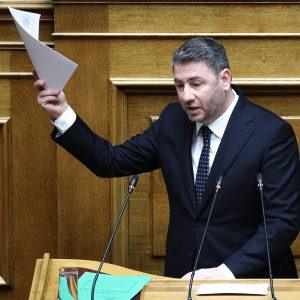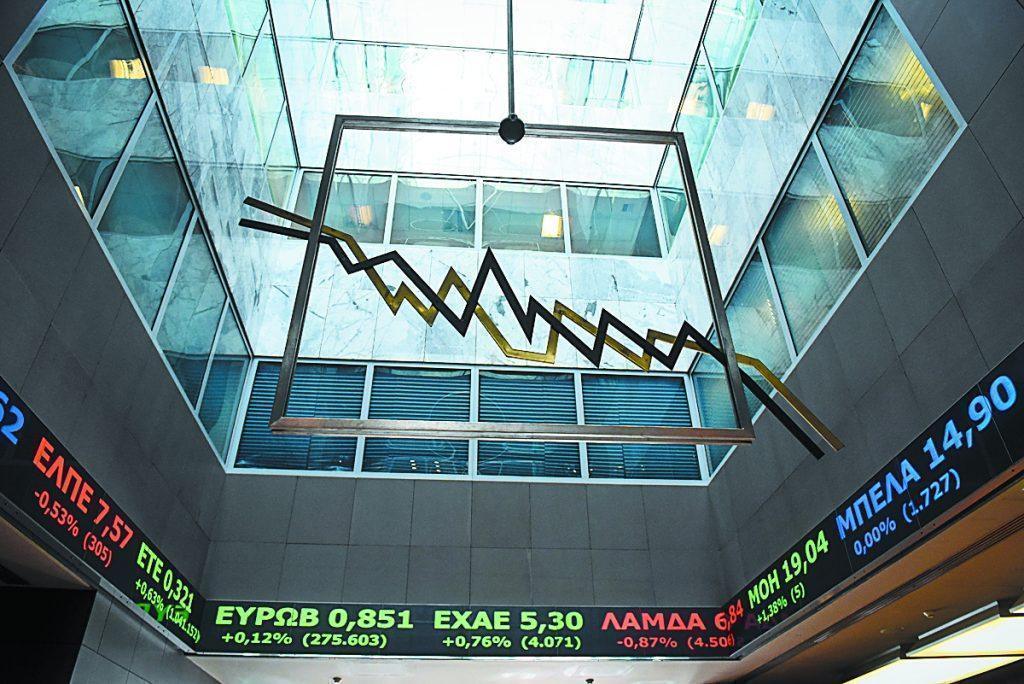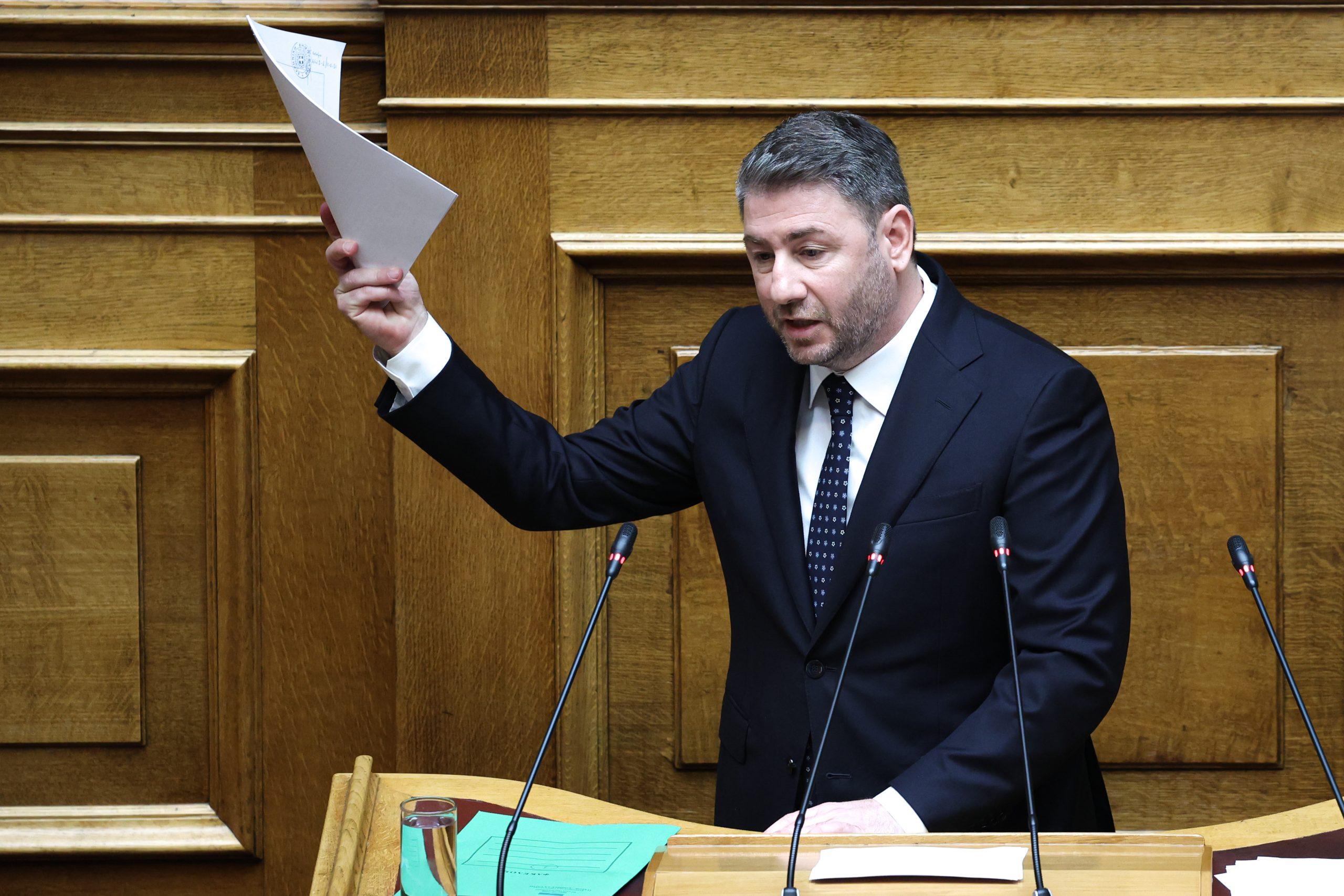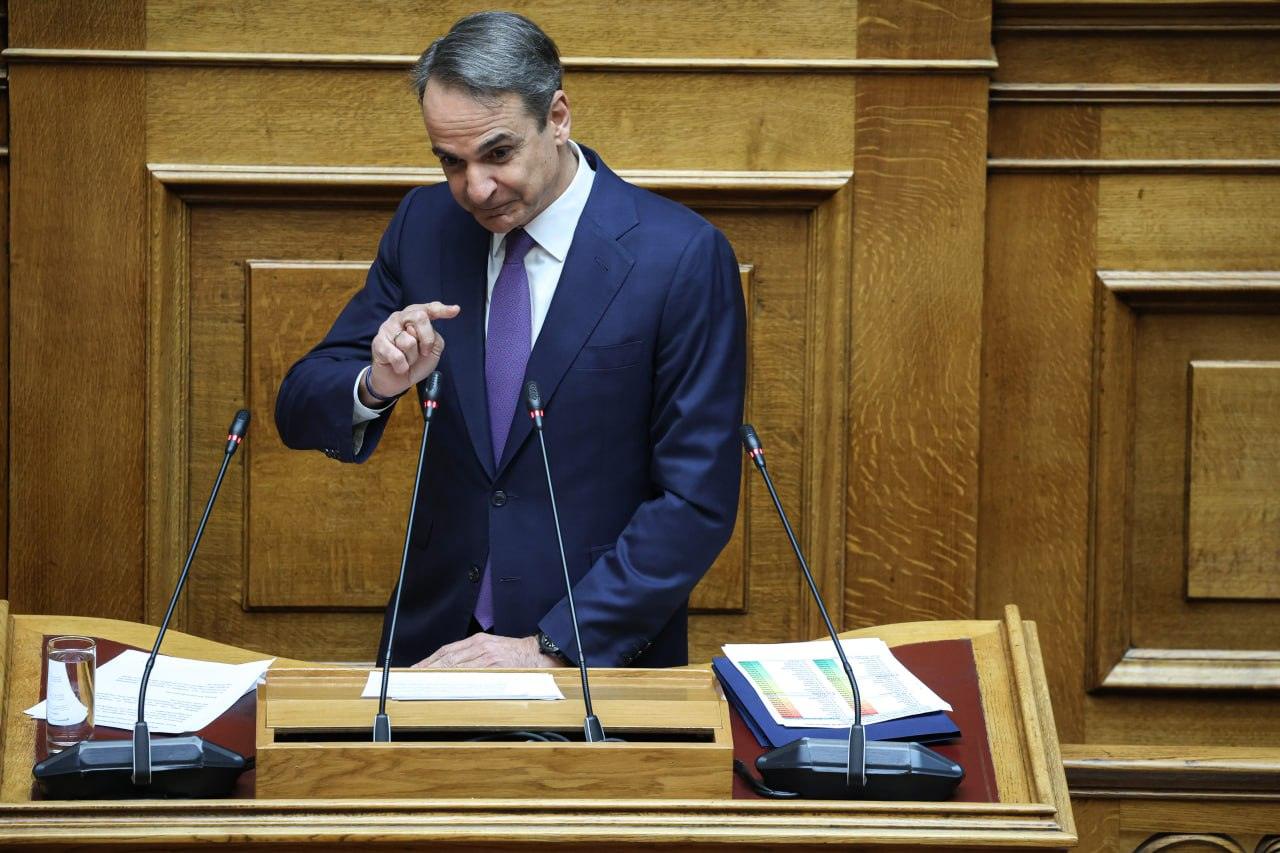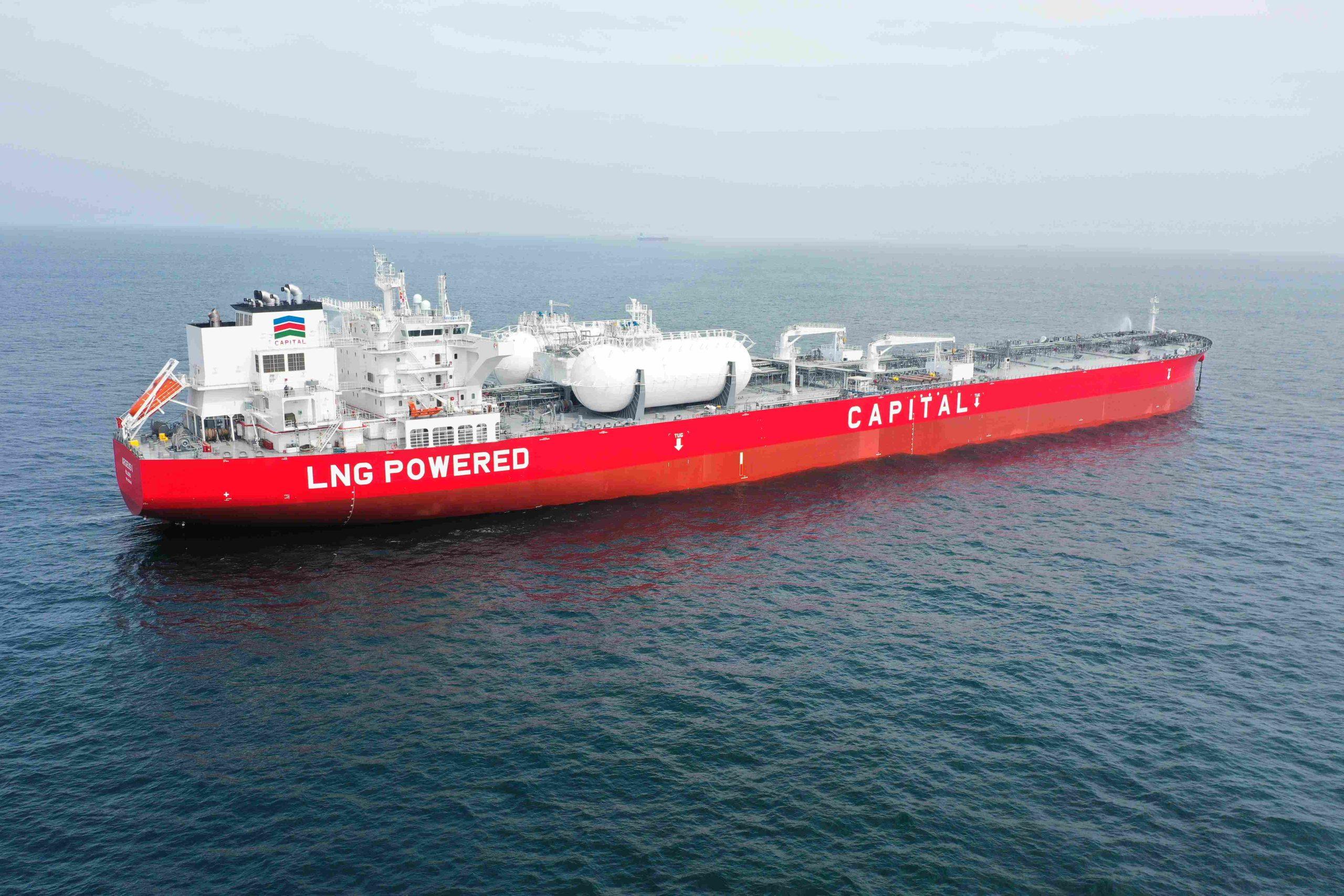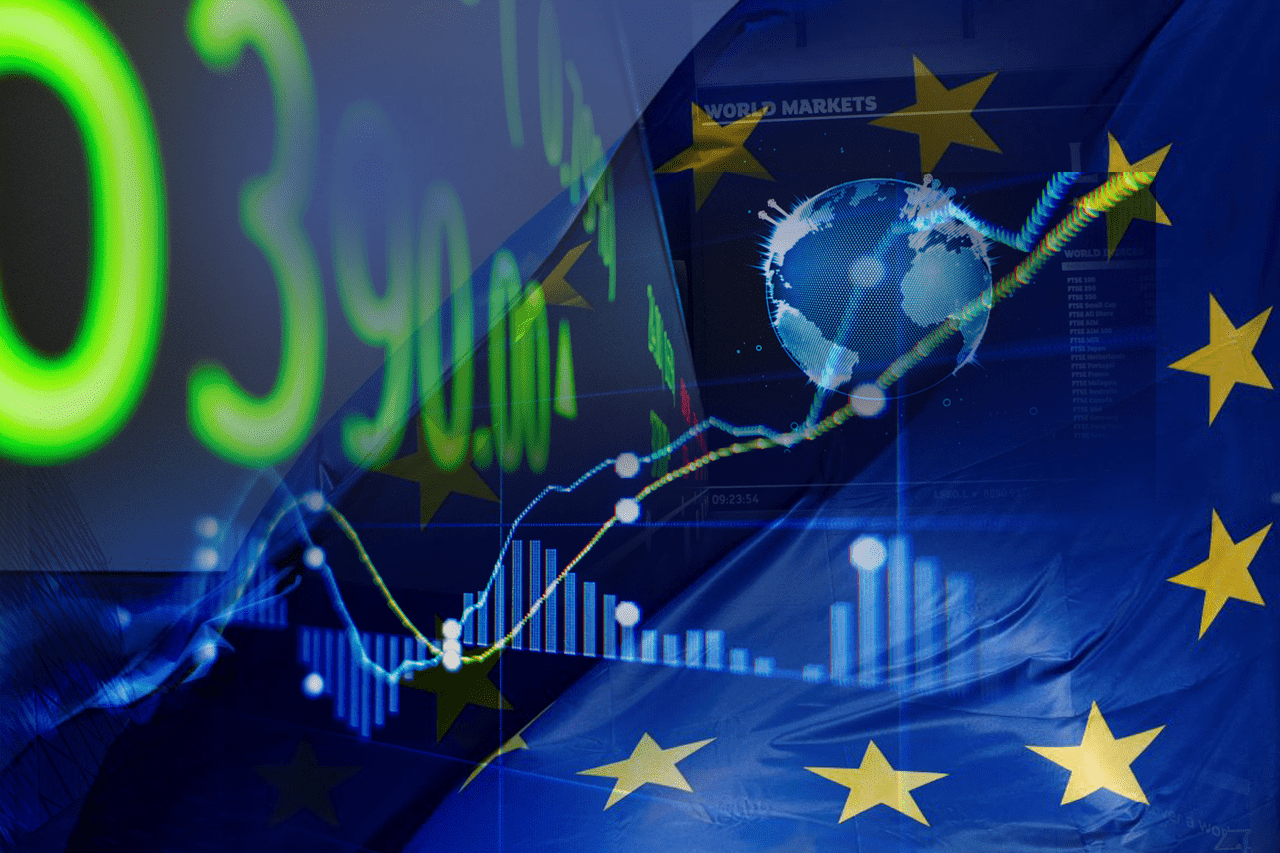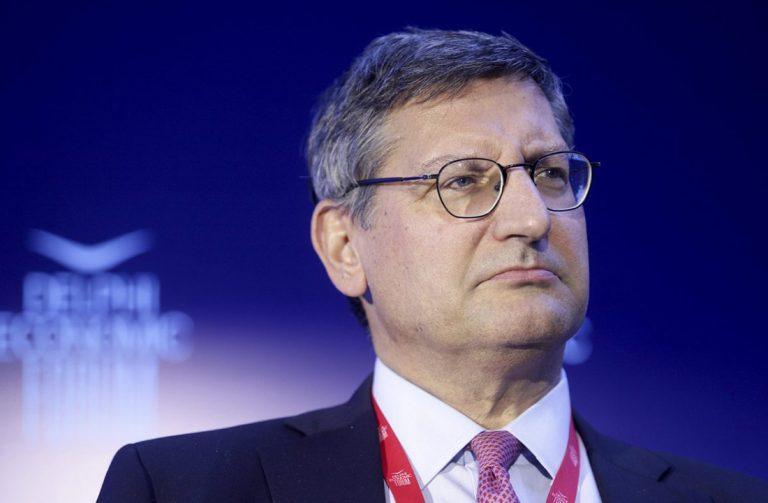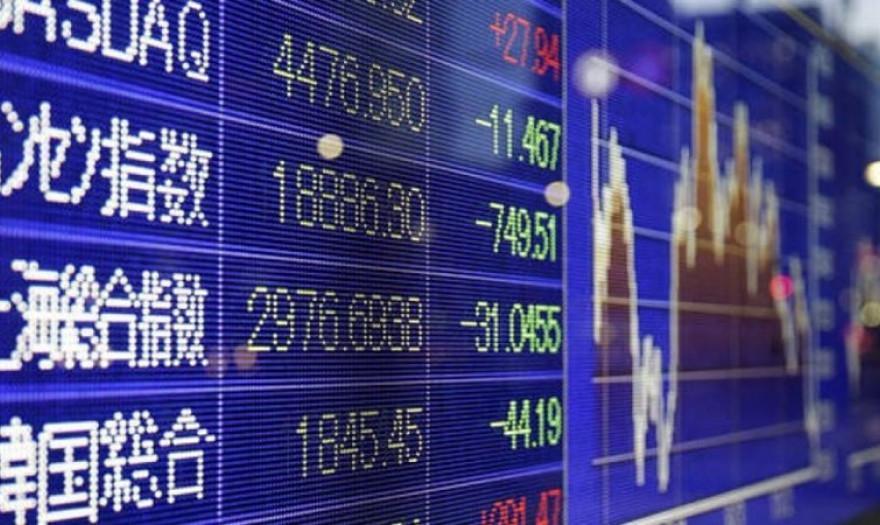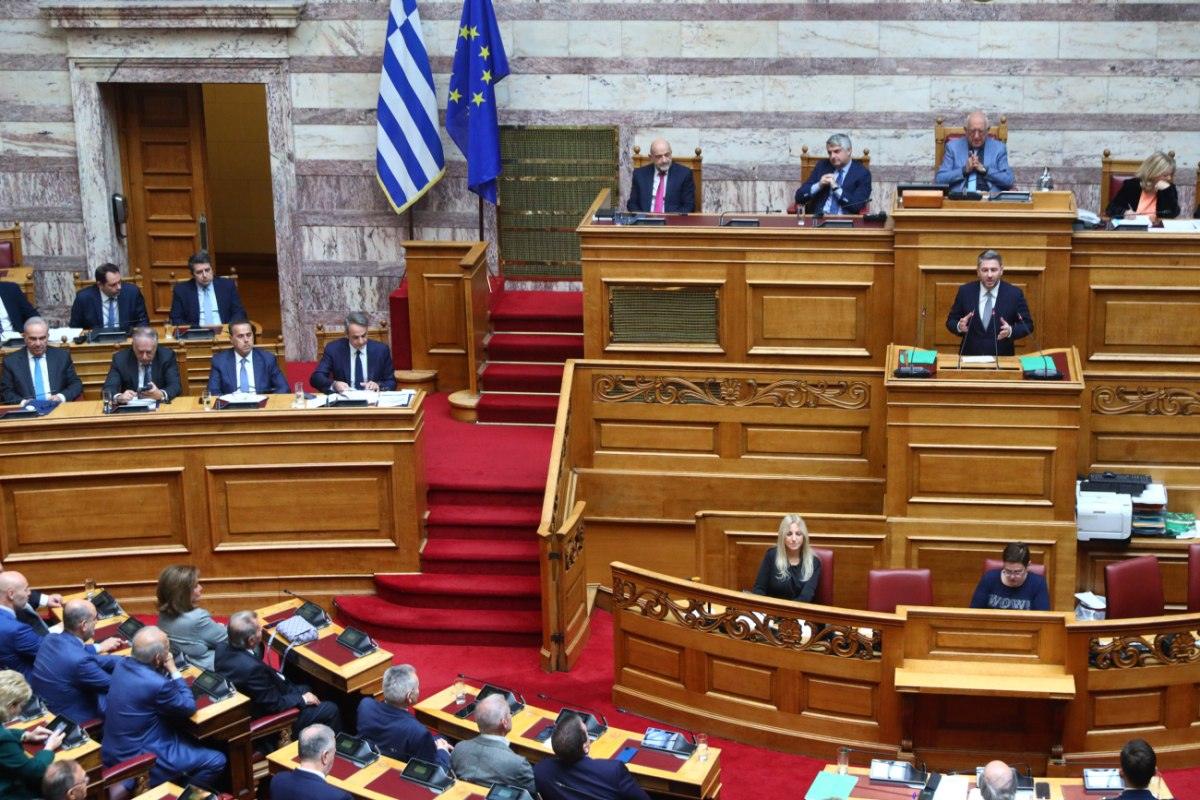The presence of Russian troops (rated Baa3 stable) along the border with Ukraine (B3 stable) carries the risk of tensions escalating into a military conflict, which is likely to provoke sanctions from Western governments and retaliation from Russia, including possible interruption of energy supply.
This is stated by Moody’s Investors Service in a report published today, analyzing the impact that all this may have on the rating of countries. These remarks are of particular importance, given the goal of Greece gaining an “investment grade” by 2023. Moody’s “rates” Greece with Ba3 and a stable outlook.

The report’s authors note that given Europe’s dependence on Russian hydrocarbon imports, energy supply is likely to be a major threat to the rating, although some countries are also vulnerable to trade disruptions and security risks, especially cyber attacks. According to the report, Greece faces “high risk” in terms of energy, but “very low” in the other two components.
Which countries are the most exposed
The Baltic and Central and Eastern European (CEE) countries are most exposed through all three of these channels, but these risks have already been taken into account to a greater extent in Moody’s ratings so far.
In the basic scenario of the agency, the Russia-Ukraine tensions will stop before the military conflict and the risk of degradation is low, unless such a conflict continues for a long time or escalates into an absolute conflict beyond Ukraine.
The main points of the report are the following:
An escalation of tensions will affect the credit rating through three main channels
The Baltic states are more exposed to Europe, but several factors support their resilience
Poland’s geographical proximity and strained relationship with Russia increase its exposure
Exposure to energy increases risks for other Central and Eastern European countries
Security and energy risks are low for non-NATO Sweden and Finland, but Finland’s trade fair is moderate
Germany is heavily dependent on Russian gas supplies
Austria, Italy and Greece are also exposed to energy-related risks
According to the report, Russian imports account for 46% of Europe ‘s solid fuels (such as coal), 38% of its natural gas and 26% of its crude oil. As a result, any decision by the Russian authorities to reduce energy supply in order to gain political leverage or in response to EU sanctions would have a significant impact on EU energy supply.
Damage to physical infrastructure is another risk, as most EU gas supplies from Russia pass through pipelines passing through Ukraine. In particular, the gas shutdown would significantly but temporarily weaken the EU economy, as it is a critical fuel for electricity generation in Europe and a key heating fuel for households.
Pressure on the ECB
Pressures could also increase pressure on the ECB and other central banks to tighten monetary policy if they began to lower inflation expectations. The negative effects on tax revenue will also be borne by public finances. The pressure will intensify if governments decide to introduce additional support measures such as price caps or subsidies.
According to the report, financial markets would also react to any disruption by raising risk premiums, which would lead to higher borrowing costs for some countries and could also worsen the house’s assessment of government liquidity risk.
The position of Greece
The report notes that both Germany and Austria (stable Aa1), Italy (stable Baa3) and Greece (stable Baa3) are heavily exposed to disruptions in Russian energy supplies, mainly natural gas. While Austria has stopped publishing information on its gas imports by country of origin for reasons of confidentiality, the available figures from Eurostat up to 2013 show that about 60% of total Austrian gas imports come from Russia. However, Austria’s lower share of dependence on oil and gas and a much larger contribution from renewable energy sources reduce the risks involved.
By contrast, oil and gas account for more than 75% of total energy supply in Italy and Greece. Both countries also import most of their energy (73% and 82% of total gross domestic energy consumption, respectively). For Greece, Russia accounts for 26% of oil imports and 39% of natural gas imports. They also see the risk of Italy, Greece or Austria facing security threats with substantial negative credit impact as extremely limited, mainly due to their geographical location in southern and central Europe.









